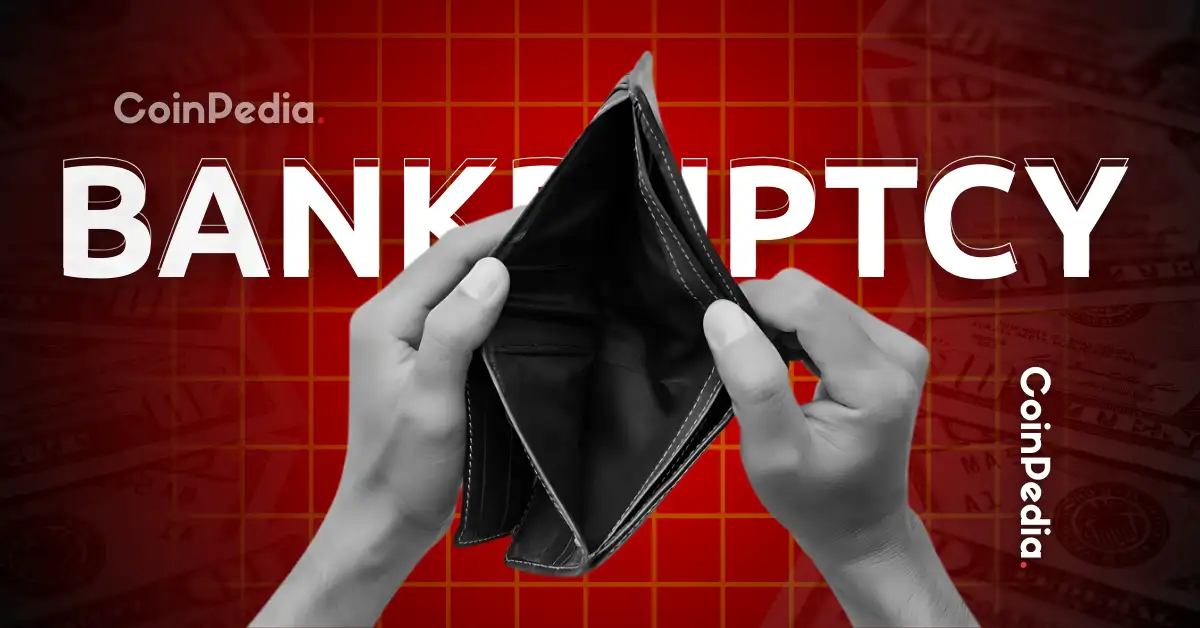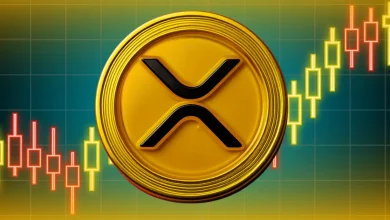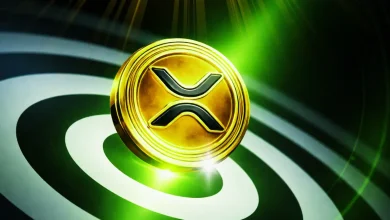
FTX Recovery Trust has filed a lawsuit against Genesis Digital Assets (GDA) to claw back over $1 billion.
Sam Bankman-Fried is serving time for fraud, but lawsuits continue as creditors fight to recover billions.
The long-running FTX bankruptcy case has entered a new chapter. The FTX Recovery Trust is now suing crypto mining company Genesis Digital Assets (GDA) in an effort to claw back more than $1 billion. The lawsuit highlights how deeply Sam Bankman-Fried’s financial decisions continue to impact creditors two years after FTX’s collapse.
Lawsuit Claims Inflated Investments in Crypto Mining Firm
Filed in the U.S. Bankruptcy Court for the District of Delaware, the complaint alleges that Sam Bankman-Fried directed Alameda Research, FTX’s sister trading firm, to funnel customer funds into GDA at inflated prices.
According to the filing, between 2021 and 2022, Alameda:
- Spent over $500 million on 154 preferred shares of GDA.
- Wired another $550.9 million directly to GDA’s co-founders, Rashit Makhat and Marco Krohn.
The lawsuit argues these deals were not just reckless but deliberately structured to benefit Bankman-Fried personally. Since he owned 90% of Alameda, he would “capture nearly all the upside from GDA’s inflated valuation while shifting the financial risks onto FTX customers and creditors,” the complaint states.
Red Flags in Kazakhstan Energy Crisis Ignored
The FTX Recovery Trust lawsuit also highlights that Bankman-Fried disregarded significant warning signs. At the time of the investment, Kazakhstan—where GDA was based—was experiencing a severe energy crisis, raising concerns about the company’s future operations.
The filing claims Bankman-Fried relied on financial statements that “bore no relation to reality,” showing what the trust describes as mismanagement and disregard for customer funds.
“These were commingled and misappropriated funds,” the lawsuit says, framing the GDA deals as another chapter in Bankman-Fried’s broader fraud.
- Also Read :
- FTX Founder Sam Bankman-Fried Faces Appeal on November 4
- ,
FTX Recovery Trust Continues Clawback Efforts
This lawsuit is just one part of ongoing recovery efforts. In 2023, a U.S. bankruptcy court approved a $175 million settlement with Genesis Global Trading, a separate entity from GDA.
Meanwhile, the restructuring team has been working to return money to FTX customers and creditors. So far, the trust has distributed:
- $1.2 billion earlier this year
- $5 billion in May 2025
- A fresh payout of $1.6 billion is scheduled for September 30, 2025
Each successful clawback brings creditors closer to recovering lost funds, though the process remains long and litigious.
Bankman-Fried’s Legacy of Fraud Still Haunts Creditors
Sam Bankman-Fried is already serving time for fraud, but the FTX bankruptcy litigation shows the ripple effects of his decisions continue. The GDA lawsuit underscores the scale of alleged mismanagement and the difficult task of untangling the exchange’s financial web.
As the trust put it: “These investments were structured to benefit Sam Bankman-Fried personally while exposing FTX customers to extraordinary risk.”
For creditors, the hope is clear that every lawsuit and settlement is one step closer to recovering billions lost in the FTX collapse.
Never Miss a Beat in the Crypto World!
Stay ahead with breaking news, expert analysis, and real-time updates on the latest trends in Bitcoin, altcoins, DeFi, NFTs, and more.
FAQs
The FTX Recovery Trust is suing to claw back over $1 billion that Sam Bankman-Fried allegedly funneled into Genesis Digital Assets at inflated prices, using FTX customer funds.
The lawsuit claims Sam Bankman-Fried used customer funds to buy GDA shares at inflated prices and wired over $550 million directly to its founders, ignoring financial red flags.
Each successful lawsuit, like this one against GDA, helps recover funds. The money is then distributed to creditors, bringing them closer to recovering their lost investments.
“Clawback” lawsuits are legal actions taken to recover funds that were improperly or fraudulently transferred out of FTX before its collapse, so they can be returned to creditors.
Trust with CoinPedia:
CoinPedia has been delivering accurate and timely cryptocurrency and blockchain updates since 2017. All content is created by our expert panel of analysts and journalists, following strict Editorial Guidelines based on E-E-A-T (Experience, Expertise, Authoritativeness, Trustworthiness). Every article is fact-checked against reputable sources to ensure accuracy, transparency, and reliability. Our review policy guarantees unbiased evaluations when recommending exchanges, platforms, or tools. We strive to provide timely updates about everything crypto & blockchain, right from startups to industry majors.
Investment Disclaimer:
All opinions and insights shared represent the author's own views on current market conditions. Please do your own research before making investment decisions. Neither the writer nor the publication assumes responsibility for your financial choices.
Sponsored and Advertisements:
Sponsored content and affiliate links may appear on our site. Advertisements are marked clearly, and our editorial content remains entirely independent from our ad partners.







